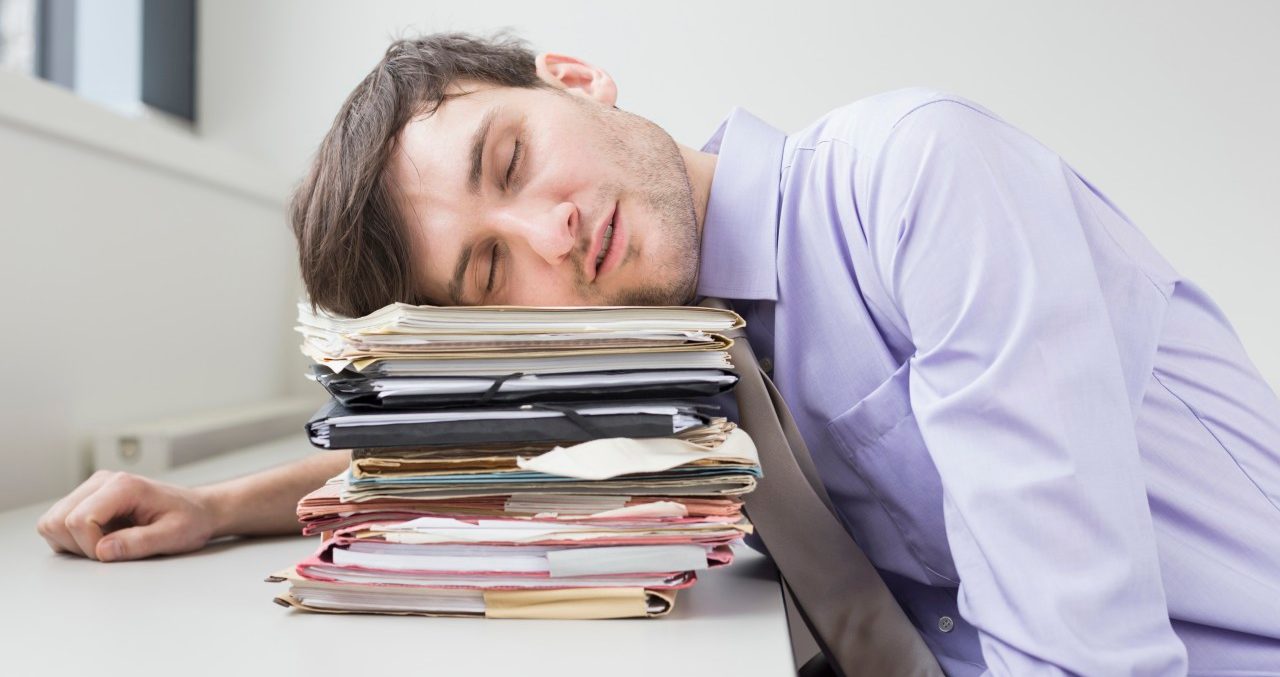Are Americans Getting Enough Sleep?

If you count yourself among the sleep deprived, your first step might be to determine your own sleep needs. Here's what you can do to get more sleep.
We often hear that the nation is suffering from an epidemic of sleep-deprivation. If you’re frequently tired yourself, you may need more snooze-time, or the real problem may be the quality of your sleep.
Surprisingly, Americans age 15 and older, on average, said they were awake 15 hours a day, in a 2020 survey by the Bureau of Labor Statistics about how we spend our time. This suggests they slept 9 hours a night, slightly more than the year before.
That’s on the high side of the desirable ballpark; experts recommend 7 to 9 hours for adults, and 7 to 8 hours for seniors.
But these numbers may hide a large group missing sleep or sleeping poorly. There’s no “magic number” for everyone: sleep needs vary by individual, and you may be operating on a sleep debt accumulated over time. In the most recent Gallup poll, from January 2022, just under half of all U.S. adults said that sleep affected their mood, health, and ability to work.
YOU MIGHT ALSO LIKE: Why Is Sleep Important?
Sleep quality matters, too. Asked “Overall, how would you describe your sleep last night?” a third answered “fair/poor” in the Gallup poll. Younger adults and women reported the most trouble sleeping and the greatest impact on their mood. Nearly 40 percent of adults under 30 said they’d had a bad night the night before. Insomnia is common: in a 2020 Sleep Foundation survey of U.S. adults, 55 percent said that when they’re sleepy it’s because they didn’t sleep well, not because they didn’t have time in bed.
The Sleep Foundation survey also found large numbers of people who felt unrested: 28 percent said they felt sleepy 5 to 7 days a week, and 44 percent felt sleepy 2 to 4 days. More than half say that sleepiness at least sometimes makes them irritable, and just under half say it affects their ability to get things done and focus. Women were more often tired than men. People under more stress tend to be sleepier.
If you often feel unrested, your first step might be to determine your own sleep needs. Over a two-week period when you have a flexible schedule, pick a consistent bedtime and awake without an alarm clock. During your trial, keep notes on the time you wake up. You may sleep late for a few days or a week while catching up. Once you begin to arise at the same time each morning — and if you feel refreshed and good during the day — you’ve probably got your answer.
To improve your sleep, the National Sleep Foundation recommends that you:
- Create a consistent regular, relaxing bedtime routine, such as soaking in a hot bath or listening to soothing music. Begin an hour or more before the time you expect to fall asleep.
- Create a sleep-conducive environment that is dark, quiet, comfortable, and cool.
- Sleep on a comfortable mattress and pillows.
- Use your bedroom only for sleep and sex.
- Finish eating at least 2 to 3 hours before your regular bedtime.
- Exercise regularly.
- Avoid caffeine and alcohol close to bedtime, and give up smoking.
Many people get into trouble because they watch TV or play with electronic devices to relax at night. Your body clock, inherited from the days when people lived by the sun, is set by light. The brightness emitted from televisions, smartphones, tablets, and laptops sends the wrong signal. Skip Facebook and read a paper book or magazine instead. Another common mistake is the alcoholic “nightcap.” Alcohol is sedating at first, but when the effect wears off during the night you may wake up.
Routine is your friend. Even on the weekends, try to go to bed and get up within an hour of your weekday schedule. Don’t assume you’re getting enough sleep because you live in a more relaxed part of the country and aren’t indulging in a hot night life. The most sleepless city, the industry group SleepBetter.org reports, is Charleston, W.Va. Each of the cities in the top 13 fall in the South and Midwest, based on the group’s analysis of data from surveys from the Centers for Disease Control and Prevention.
On the other hand, you needn’t worry that you’re an insomniac if you wake up now and then. Says Lisa Shives, a sleep specialist at SleepBetter.org, “It’s perfectly normal, even healthy, to wake-up frequently throughout the night. That is, if you immediately fall right back to sleep and you feel well-rested and fresh the next day.”
Feeling consistently well-rested in the morning is the best sign of a good sleep routine. Talk with a doctor if you’re chronically tired or sleepy despite enough hours in bed.
The good news is that sleep quality improves with age, according to the Gallup poll, probably because older people tend to experience less stress.
Updated:
April 11, 2022
Reviewed By:
Christopher Nystuen, MD, MBA